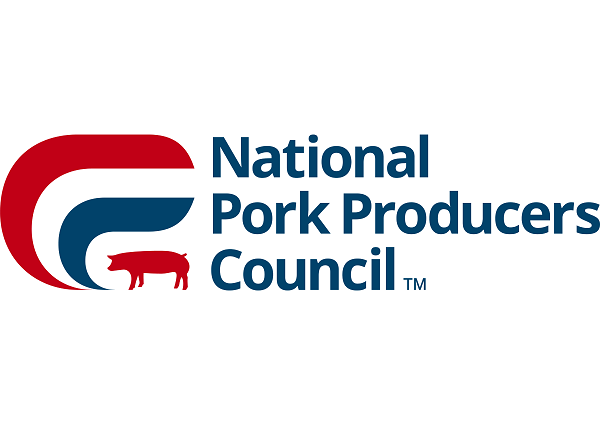




The National Pork Producers Council (NPPC) has expressed its support for both the U.S. House Agriculture Committee's 2024 Farm Bill and the 2024 Farm Bill framework introduced by U.S. Senate Committee on Agriculture, Nutrition, and Forestry Ranking Member John Boozman. The NPPC successfully advocated for the inclusion of several key priorities in both bills, addressing various challenges faced by the pork industry [ad8316e2] [32b6dc7b] [a99c599f].
One of the priorities included in both bills is a legislative solution to the issues caused by California's Proposition 12, which prohibits the sale of uncooked whole pork meat not produced according to the state's housing dimensions. The NPPC has been pushing for a resolution to this issue, and the inclusion of this priority in both the House and Senate Farm Bills is seen as a significant step forward [a99c599f].
The NPPC also emphasized the importance of preserving resources for foreign animal disease prevention and increasing market access programs for U.S. pork. These priorities have been included in both bills, highlighting the industry's commitment to protecting against diseases and expanding market opportunities [ad8316e2] [a99c599f].
Additionally, the NPPC called for a boost in resources for feral swine eradication and the authorization of the National Detector Dog Training Center. These priorities have also been included in both the House and Senate Farm Bills, demonstrating the industry's dedication to addressing the challenges posed by feral swine and enhancing the capabilities of detector dogs [ad8316e2] [a99c599f].
The NPPC's advocacy for pork priorities in both the House and Senate Farm Bills is seen as a testament to the industry's ability to unite and voice its concerns. By working together, the pork producers have successfully ensured that their priorities are included in both bills, which will have a significant impact on the industry [ad8316e2] [a99c599f].
The House Agriculture Committee has already passed its Farm Bill with 100% of the NPPC's priorities included, further solidifying the industry's achievements in advocating for its interests [a99c599f].
In a related effort to bolster trade relations, the Pork Leadership Institute (PLI) class, consisting of 18 participants, traveled to Mexico on October 20, 2024. This trip aimed to enhance U.S. pork trade relations and understand Mexico's critical role as a trading partner, as Mexico accounted for over 25% of U.S. pork exports last year [37164bb8]. Participants were accompanied by NPPC officials Maria C. Zieba, Cole Spain, and Lucy Russell, and engaged with government officials and industry leaders, receiving briefings on global pork markets and trade policies [37164bb8]. The PLI program focuses on developing future leaders in the pork industry through leadership training and international exposure [37164bb8].
The 36th World Pork Expo, presented by the NPPC, hosted more than 12,000 producers and industry professionals from 37 countries at the Iowa State Fairgrounds on June 5-6. Attendance grew in 2024, with a 15% increase over 2023 figures. Precision feeding to reduce feed costs and improve sustainability was a priority for producers. The Young Pork Advocates Issues Meet, sponsored by Novus and Nutra Blend, engaged youth in collaborative discussions and awarded scholarships. The 2025 World Pork Expo will be held on June 4-5 at the Iowa State Fairgrounds [3d3ebde4].